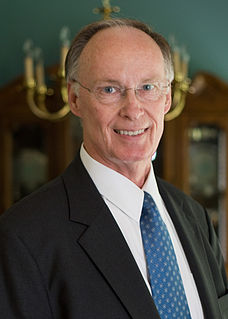A Quote by Stephen Wolfram
People have been trying to do kind of natural language processing with computers for decades and there has only been sort of slow progress in that in general. It turned out the problem we had to solve is sort of the reverse of the problem people usually have to solve. People usually have to solve the problem of you're given you know thousands, millions of pages of text, go have the computer understand this.
Related Quotes
It's my opinion that, if Barack did want to solve the gang problem, number one would be to work with people from the inside out, people who can actually give him an accurate analysis of the problem in L.A., because they're in it or at one point were a part of it, and now they're workin' to change it, and redirect the energy and the focus of it. And then consciously take steps to solve the problem.
Solving the population problem is not going to solve the problems of racism, of sexism, of religious intolerance, of war, of gross economic inequality. But if you don't solve the population problem, you're not going to solve any of those problems. Whatever problem you're interested in, you're not going to solve it unless you also solve the population problem. Whatever your cause, it's a lost cause without population control.
It's my opinion that, if Barack did want to solve the gang problem, number one would be to work with people from the inside out, people who can actually give him an accurate analysis of the problem in L.A., because they're in it or at one point were a part of it, and now they're workin' to change it, and redirect the energy and the focus of it. And then consciously take steps to solve the problem. But I don't feel like zero tolerance, strict laws, locking everybody up is a viable means to stop that problem.
Whether you were talking about Pillsbury, Burger King, Godfather's, the National Restaurant Association, in each one of those situations, I had a daunting problem that I had to solve. And I used the same business principles to approach the problem and, more importantly, solve the problem in every one of the situations.
When I was first thinking about what would become Venture for America, I was trying to figure out how to solve a problem - that our top young people were being driven to roles that did not, to me, address the needs of our time. That VFA would be a non-profit just seemed like the most efficient way to solve the problem.




































